Artemis: Nasa will try to launch rocket to Moon on Saturday
- Published
- comments
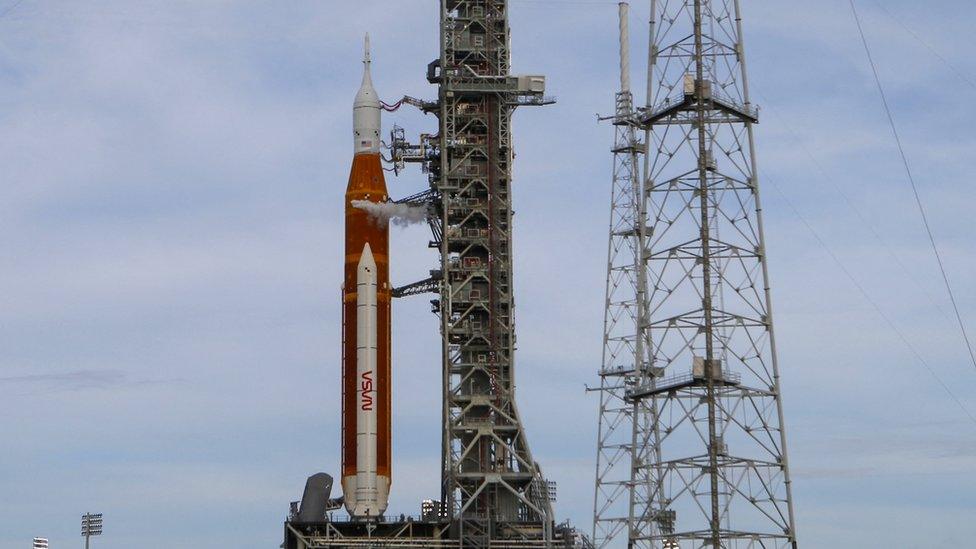
Nasa has announced it will try to relaunch its giant Moon rocket, Space Launch System (SLS), - which is part of the Artemis project - on Saturday.
The US space agency attempted lift-off on Monday but they had engine trouble.
It had to be stopped when one of the four engines on the vehicle wouldn't cool down to the required temperature.
Engineers now think they can sort the issue and will try the launch again on Saturday, from Kennedy Space Center in Florida.
The rocket
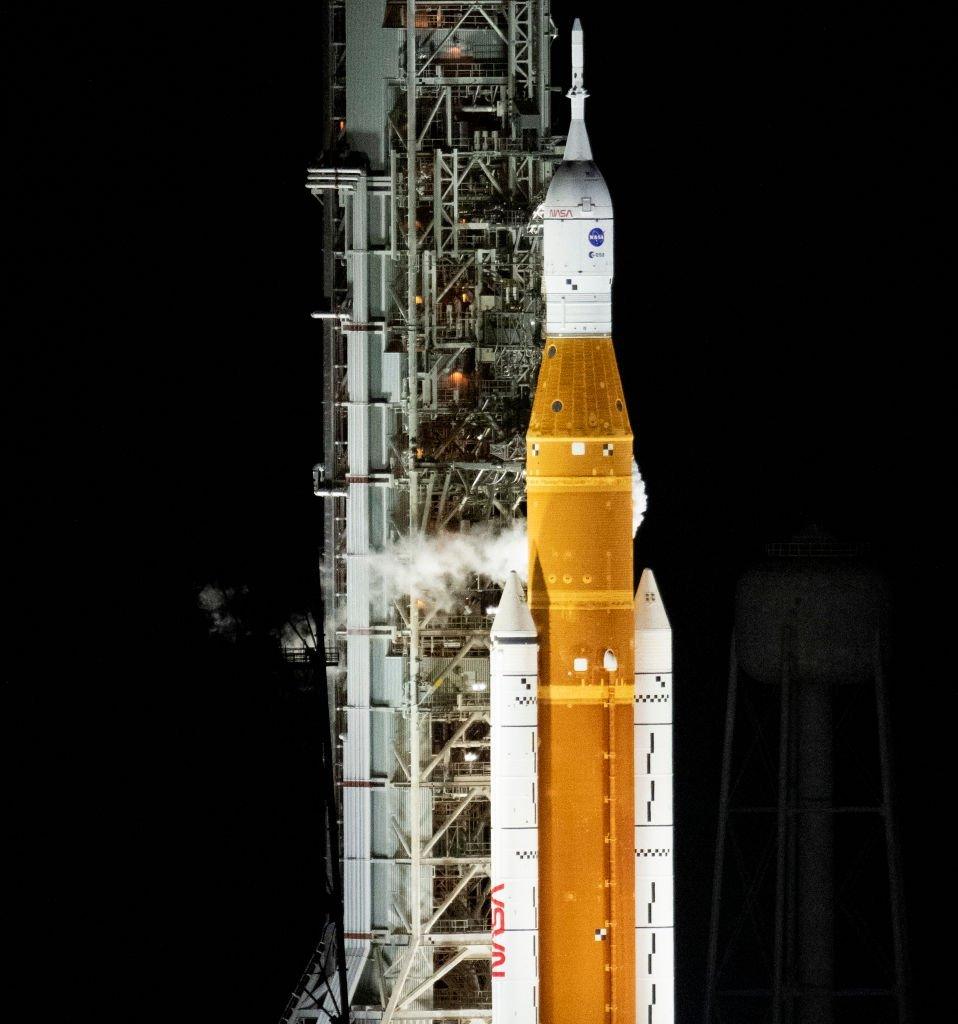
The rocket, known as the Space Launch System (SLS), is the biggest rocket ever developed by Nasa.
The SLS will send a new big capsule called Orion on a set of missions to the Moon.
The first flight, part of Nasa's Artemis programme, is just a demonstration with no people on board. Although there will be some items on the mission, including Girl Scout badges, Lego figures, and Shaun the Sheep!
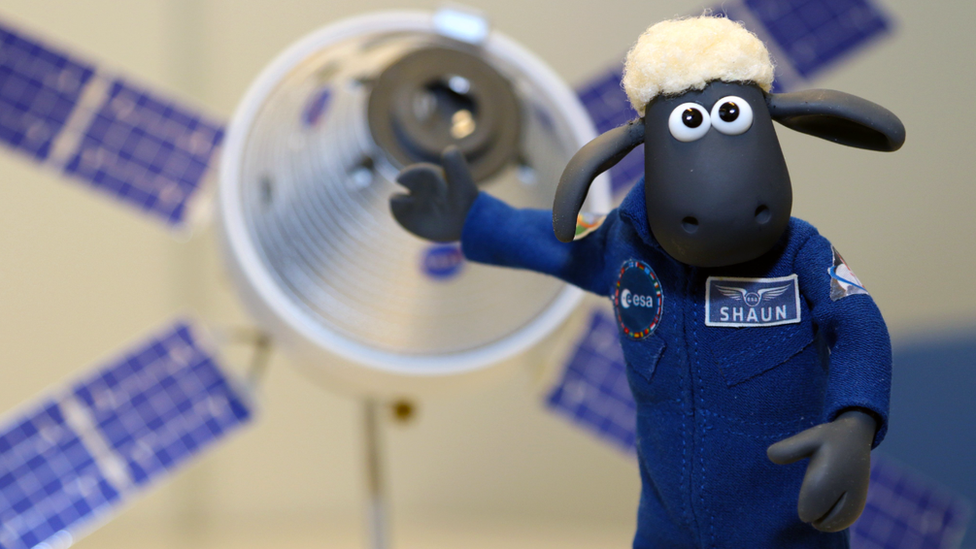
Shaun the Sheep could be on his way to the Moon!
Engineers have been looking at the problems from the failed launch on Monday and hope it will be able to lift-off on Saturday.
The team say the problem was probably an inaccurate sensor reading and they can fix it by starting the cooling down process earlier.
"We've got a path forward to get to where we need to get to, to support the next launch," said John Honeycutt, who manages the Space Launch System (SLS) rocket project at Nasa.
However the weather is also an issue, with rain potentially forecast and the SLS is not allowed to take off in the rain.
But weather officer Mark Berger seemed positive when speaking to reporters.
"We have two hours to work with. The showers tend to have quite a bit of real estate between them, so I still think we have a pretty good opportunity weather-wise to launch on Saturday."
The mission

This first Artemis mission - with no crew - will last for 42 days and Nasa intends to test the Orion capsule by pushing it beyond the limits that will be in place when there are astronauts on board.
If everything goes smoothly, Artemis II will follow a similar mission plan but this time crewed with astronauts. These astronauts will travel the furthest from the Earth that humans have ever been.
BBC's science editor Rebecca Morelle has been following the launch in Florida, she says that the mission hopes to inspire a generation of future space travellers, just as earlier Moon missions inspired children in the 1960s.
"The new missions will be different. Nasa is planning to land the first woman and first person of colour on the Moon - showing that space exploration is open to everyone. And the lunar surface is just the start. Nasa's ambition lies even further afield, its sights are set on Mars. And that truly will be a giant leap to experience."
Are you excited for Nasa's plans to get humans on the Moon again?
Would you like to go to space one day? Let us know in the comments below!
- Published23 August 2022
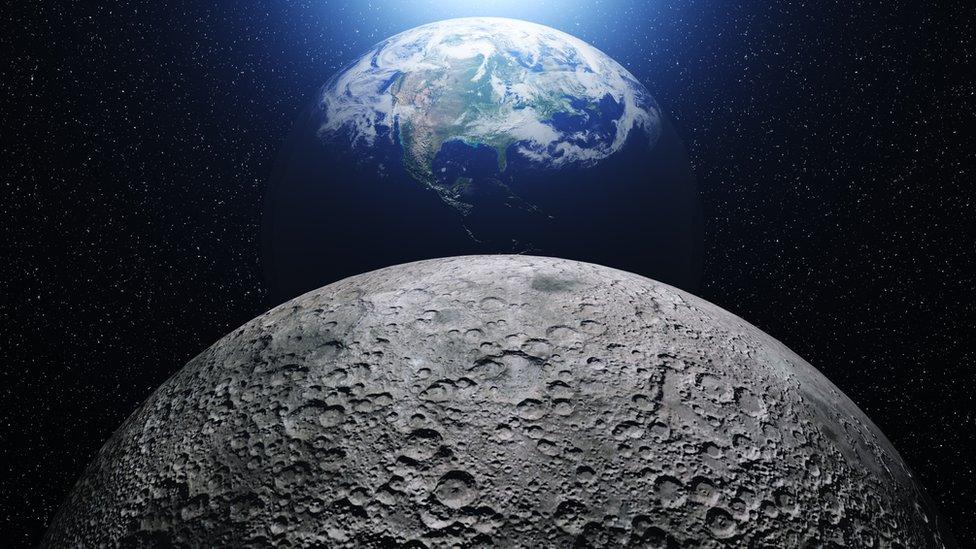
- Published4 September 2022
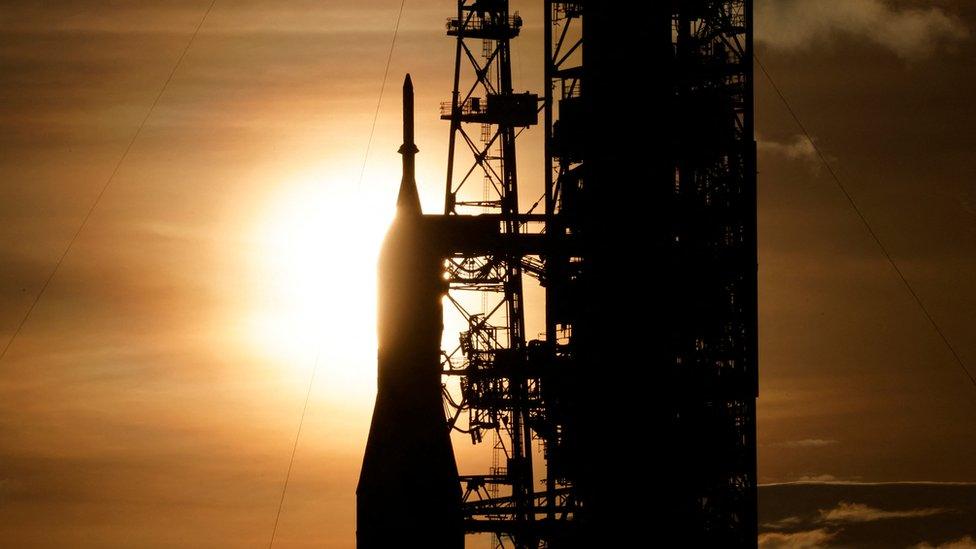
- Published30 August 2022

